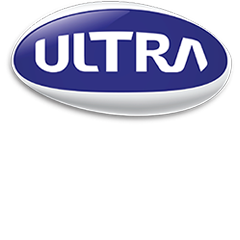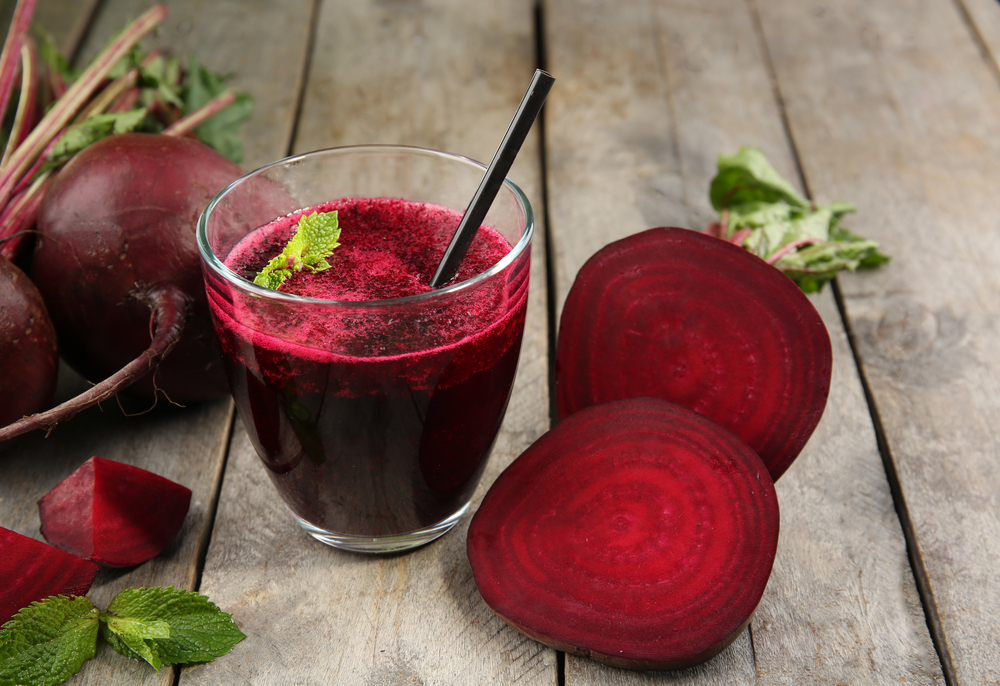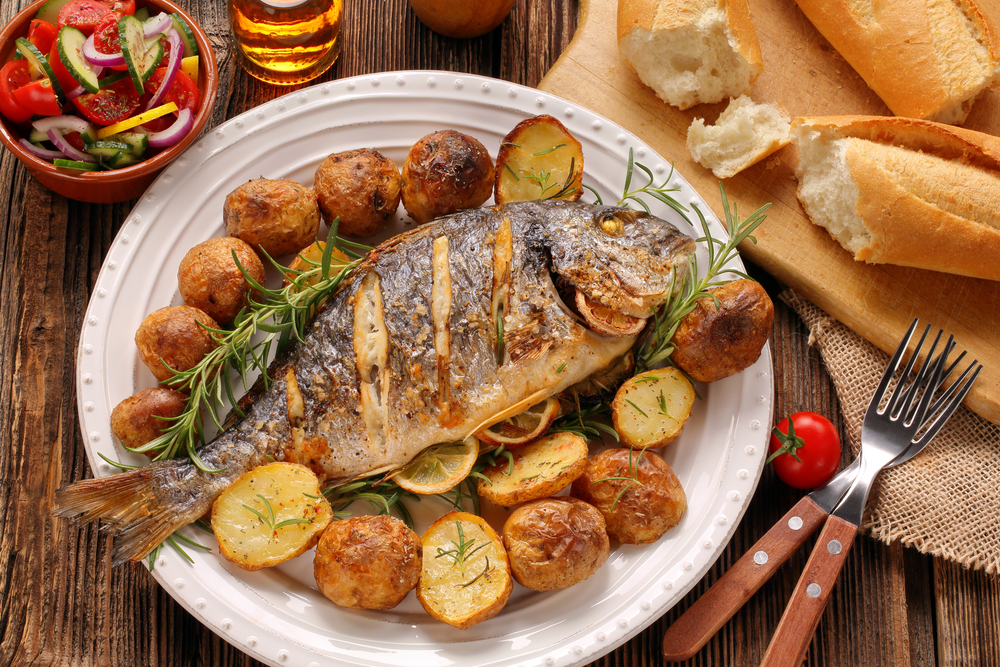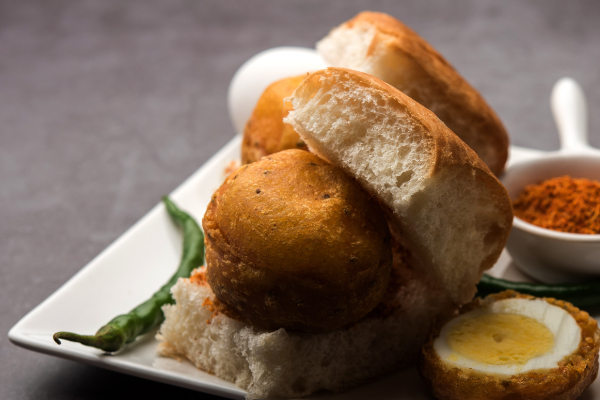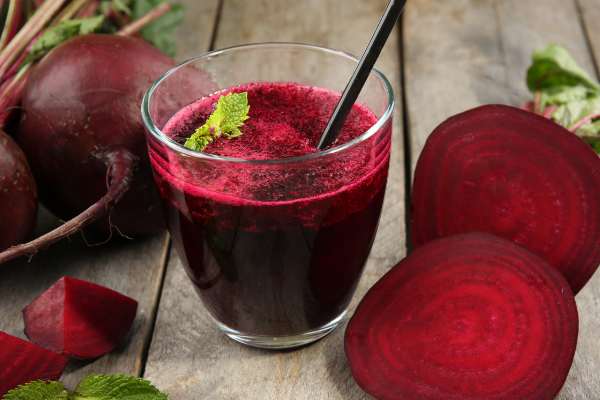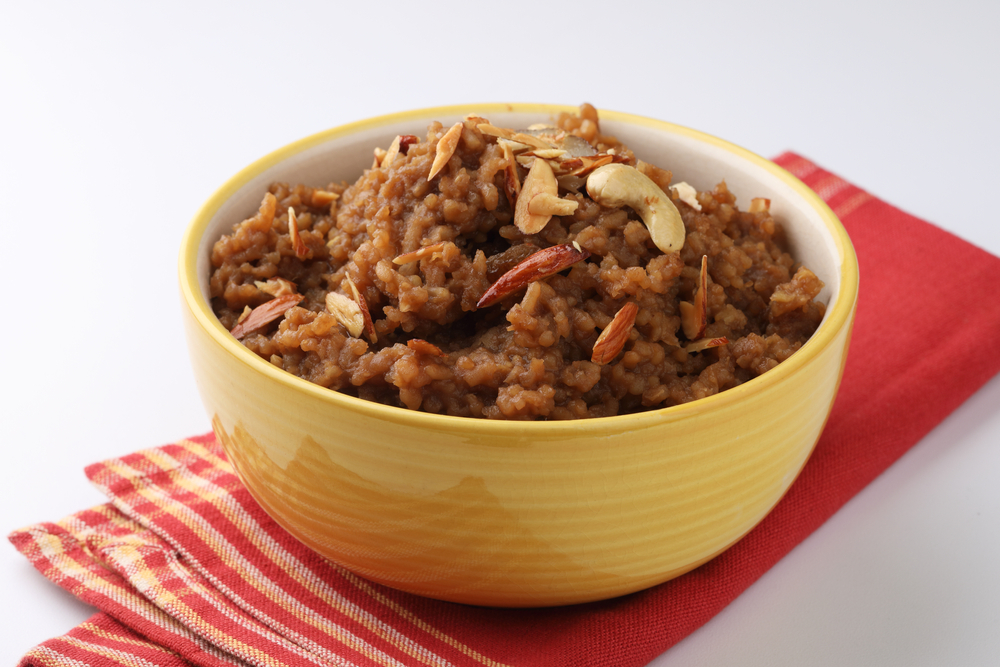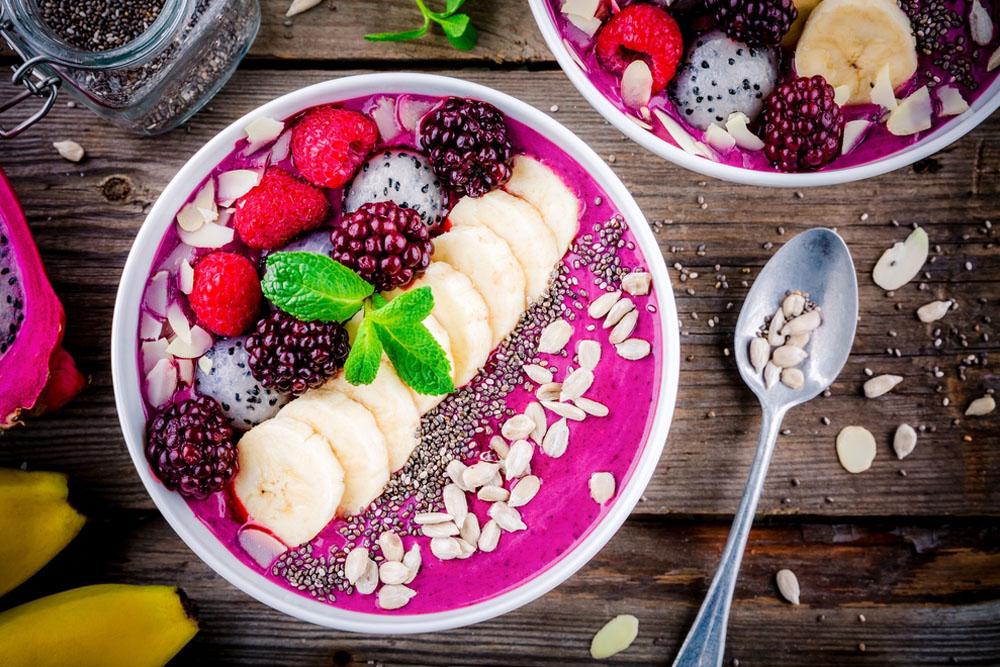Elgi Ultra’s guide to understanding cooking fats
Exploring the myths and benefits of edible oils and fats.

There are a lot of myths that surround fats and oils and the consumption of it. A combination of fats is essential for our body’s function, growth and development. Omega 3 and 6 are particularly essential for brain health and the human body does not produce them, we have to rely on food sources to obtain them. The conventional belief is that cooking with unsaturated fats is generally better than with saturated fats. Similarly avoiding excessive fat consumption is considered healthier; a diet that has lean cuts of meat as opposed to fatty bacon is generally better for the body.

Fats obtained from animal sources like lard, butter and ghee are high in saturated fats. Coconut oil and palm kernel oil also have a high content of saturated fat. Excessive consumption of saturated fats is believed to cause heart problems, higher cholesterol, Alzheimer’s disease and obesity related issues. However this belief is under review by researchers. Several studies have recently broken the saturated fat myth. Indo-Asian ethnicities where consumption of coconut oil is high and African tribes that consume a lot of full-fat milk have shown fewer cases of negative health conditions associated with saturated fats.1-4
Commonly used cooking oils, like mustard, sesame, vegetable, sunflower and olive oil fall under the broader classification of unsaturated fats with a smaller percentage of saturated fat. They are generally liquid at room temperature. Natural food sources like nuts, fish rich in omega 3, olives and avocado are also sources of saturated and unsaturated fats.

The American Heart Association recommends that 5% of the daily intake should be from saturated fats and 20 to 30 percent should be the overall fat consumption per day.5 However, this recommendation should be taken with caution by people who have pre-existing medical conditions including heart conditions where a much lower percentage is recommended. Research regarding the daily fat intake is evolving. Some diet fads promote high fat and protein diet and previously assumed facts on fat consumption is under review by scientists. While this may be the case, it may be safe to apply moderation to including fats and oils to the diet. For instance, an indulgent and rich meal like pooris or fried chicken could be followed with a clean meal of salad and fruit just to balance the diet and cleanse the body with essential fibre that helps in fat absorption and elimination.
Benefits of common cooking fats and oils:
The most important factor to consider with cooking oils is quality. Choose oils of the highest quality, preferably cold-pressed and organic wherever possible. The other factor is using a combination of oils and changing oils as per the season is also highly beneficial. Sesame and mustard oils are ideal for winter as they have a warmth giving tendency. Olive and sunflower may be good for the summers as they are lighter oils.
Rice Bran oil: Rich in antioxidants and unsaturated fatty acids that can reduce blood sugar levels significantly.
Sesame oil: Rich in Vitamin E and when consumed in combination with rice bran oil can reduce cholesterol and blood sugar levels.
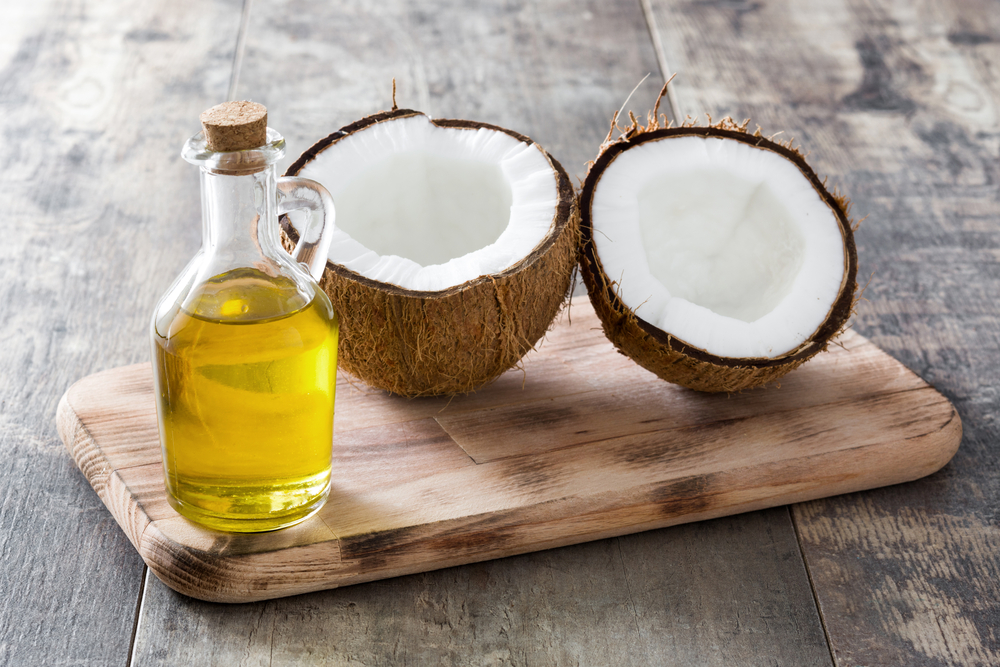
Coconut oil: High in lauric acid which is an antioxidant; coconut oil also has trace amounts of Omega 6. Coconut oil, a saturated fat is great for high-heat cooking and frying as it has a high smoke point, does not oxidise when heated producing very low levels of damaging chemicals when compared to other oils. Vegetable oils are essentially not good for frying as it has a low smoke point and is capable of producing free radicals when heated to a high temperature or reused. This can cause a variety of negative health issues including liver damage and heart related diseases.
Sunflower oil: With over 80% monounsaturated fat content, sunflower oil is good for heart health, aids in Vitamin E absorption and neutral in taste. The one point of caution would be that it is heavily processed as a commodity.
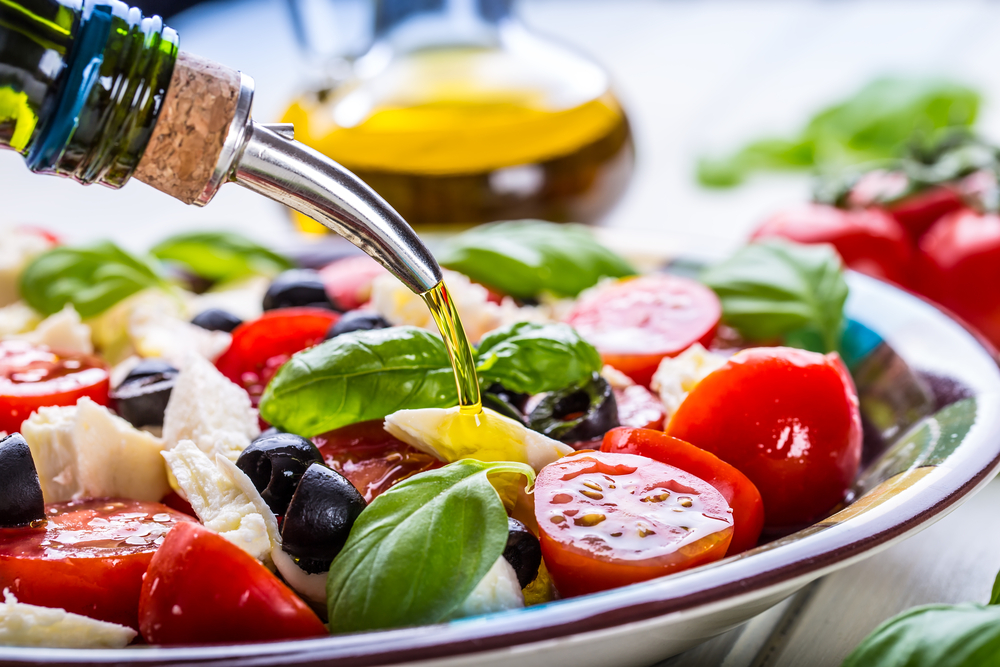
Mustard oil: With its pungent and heat producing ability, mustard oil is a great stimulant with the ability to improve circulation, boost metabolism, aid digestion and relieve sinuses. Rich in Omega 3, 6, vitamin E and antioxidants; mustard oil is also anti-microbial and reduces the risk of cancer. Mustard oil enhances the activity of the beta cells of the pancreatic glands to produce more insulin converting glucose into energy.
Olive oil: Olive oil is not very suitable for high-heat cooking. High levels of antioxidants in olive oil inhibit cholesterol synthesis. High levels of MonoUnsaturated Fatty Acids (MUFA) balance the lipid levels and reduce the risk of cardiovascular diseases.
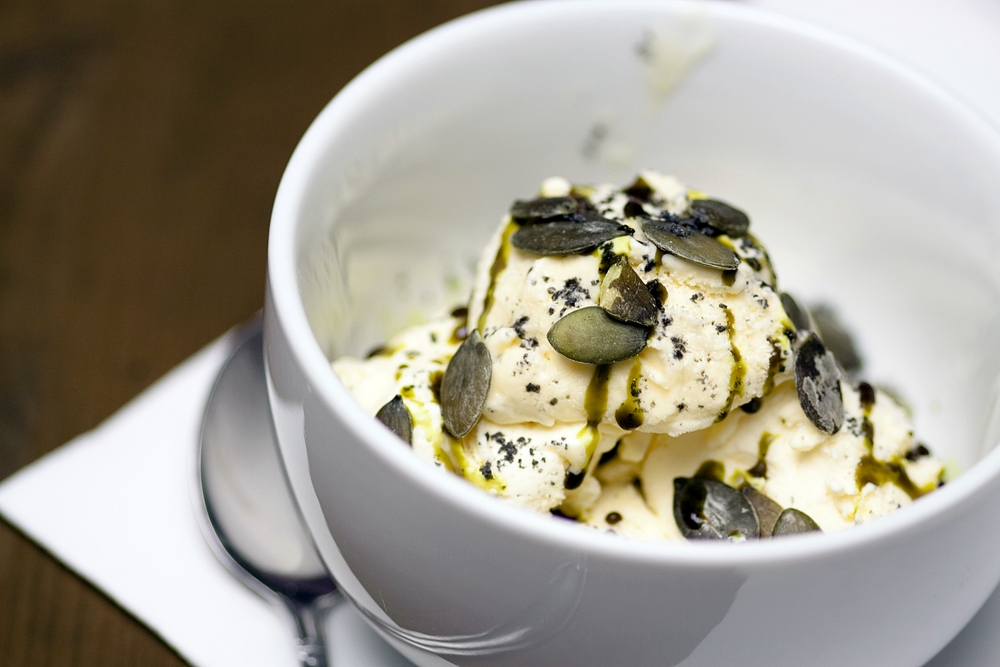
Pumpkin oil is used as a topping to vanilla ice cream in England and is surprisingly delicious.
Oils from nuts and seeds are high in both saturated and unsaturated fats. These are considered good fats and rich sources of Omega 3 and 6. Including a handful of nuts and adding avocado and seeds like Flax to smoothies is great for brain and heart health.
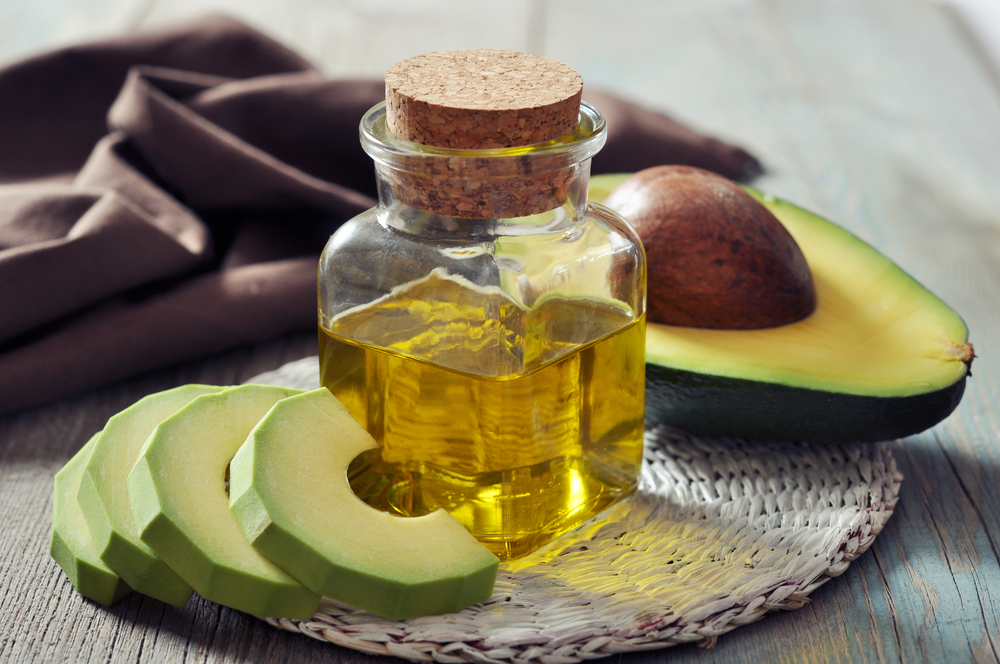
There are new oils from avocado, corn, pumpkin, cottonseed, grapeseed; imports from western markets. Each of these oils carry health benefits and can be used in moderation to get the most out of their goodness. Oils like any other foods are most beneficial if we embrace locally grown, organic and fresh.
References:
1. Teicholz, N. (2014) “The Big Fat Surprise: Why Butter, Meat and Cheese Belong in a Healthy Diet” Simon & Shuster New York
2. Shaper AG. Cardiovascular studies in the Samburu tribe of northern Kenya. American Heart Journal 1962;63:437-442
3. Kaunitz H, Dayrit CS. Coconut oil consumption and coronary heart disease. Philippine Journal of Internal Medicine, 1992;30:165-171
4. Dr. Kendrick M (2007) The Great Cholesterol Con – The Truth About What Really Causes Heart Disease and How to Avoid It
5. The Facts on Fats: 50 years of American Heart Association Dietary Fats Recommendations (June, 2015): Online source: https://www.heart.org/-/media/files/healthy-living/company-collaboration/inap/fats-white-paper-ucm_475005.pdf
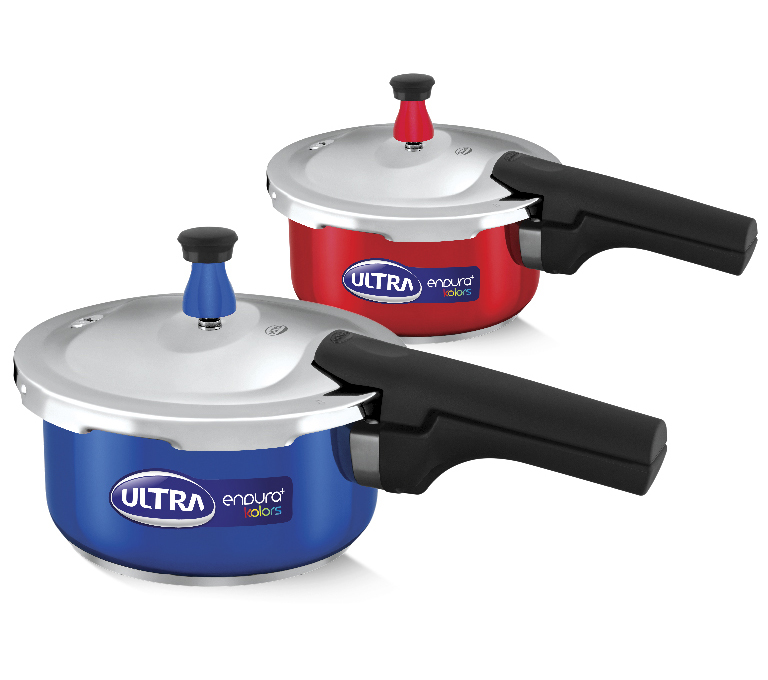
Elgi Ultra Pressure Cookers
A perfect companion in your kitchen, the Ultra range of pressure cooker’s features will delight you.
NO CHARRING
High-impact bonded base, helps prevent burning and sticking of food
FAST COOKING
High-impact bonded base, aids in faster cooking
STAYS WARM FOR LONGER
Keeps food warm for up to 2 hours
DISHWASHER SAFE
Dishwasher safe design, makes it easy to clean
BEAUTIFUL LOOKS
Impressive design, elegant to serve
10-YEAR WARRANTY
Valid in the country of purchase
